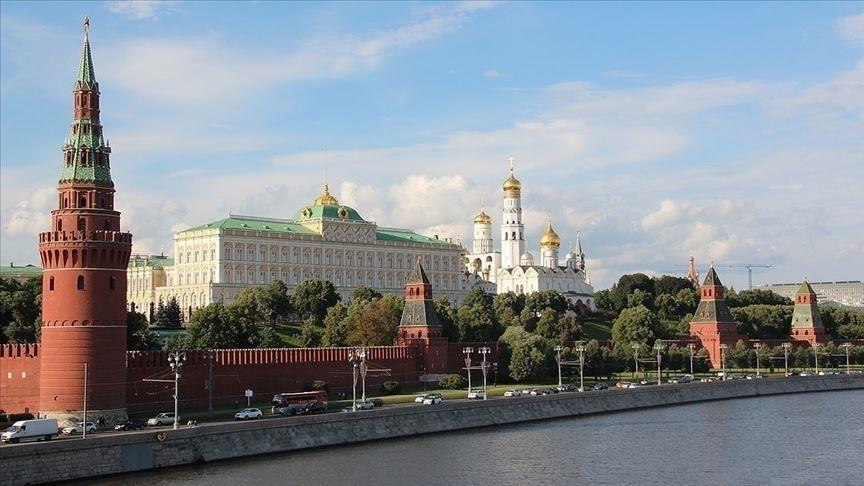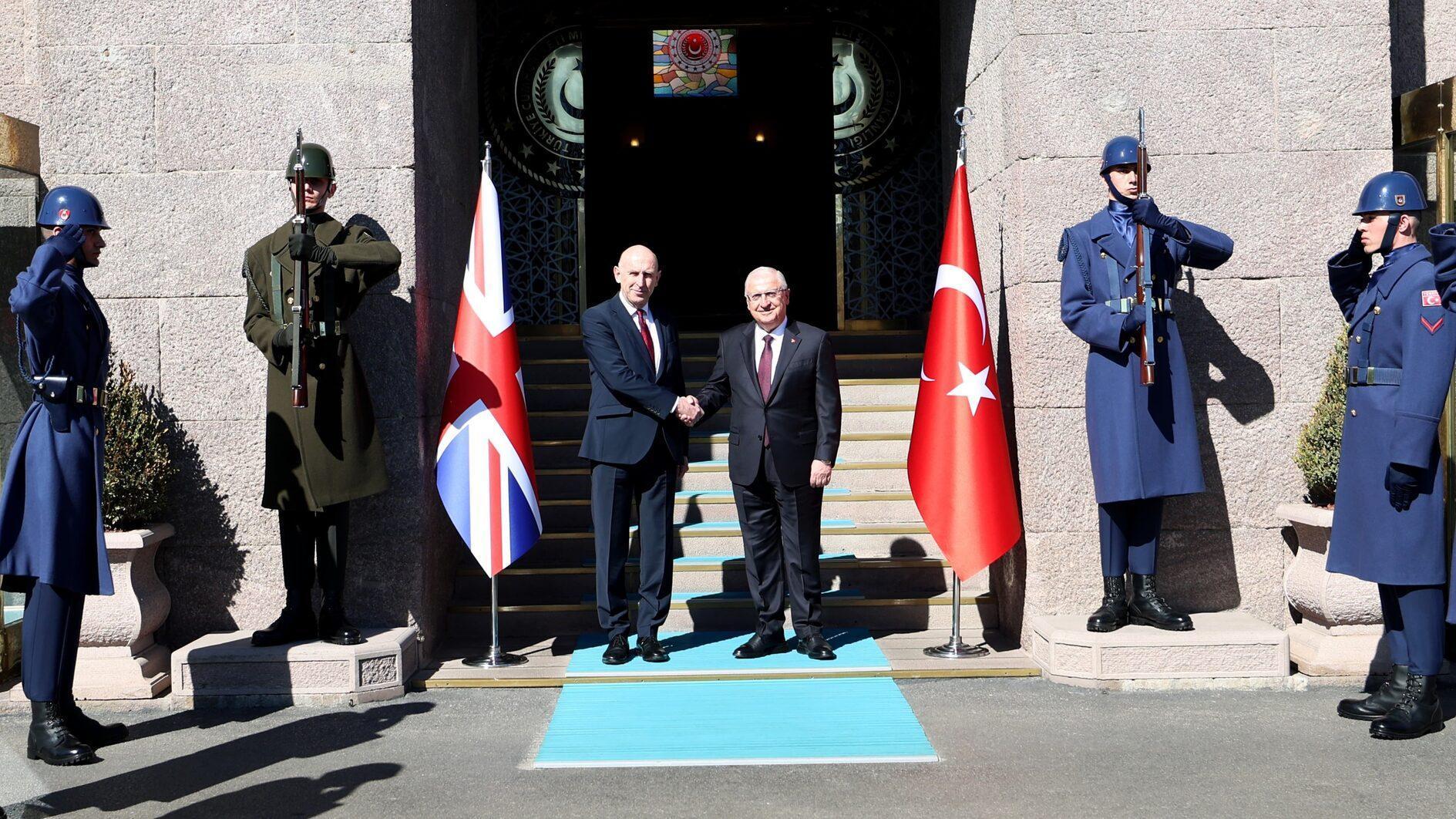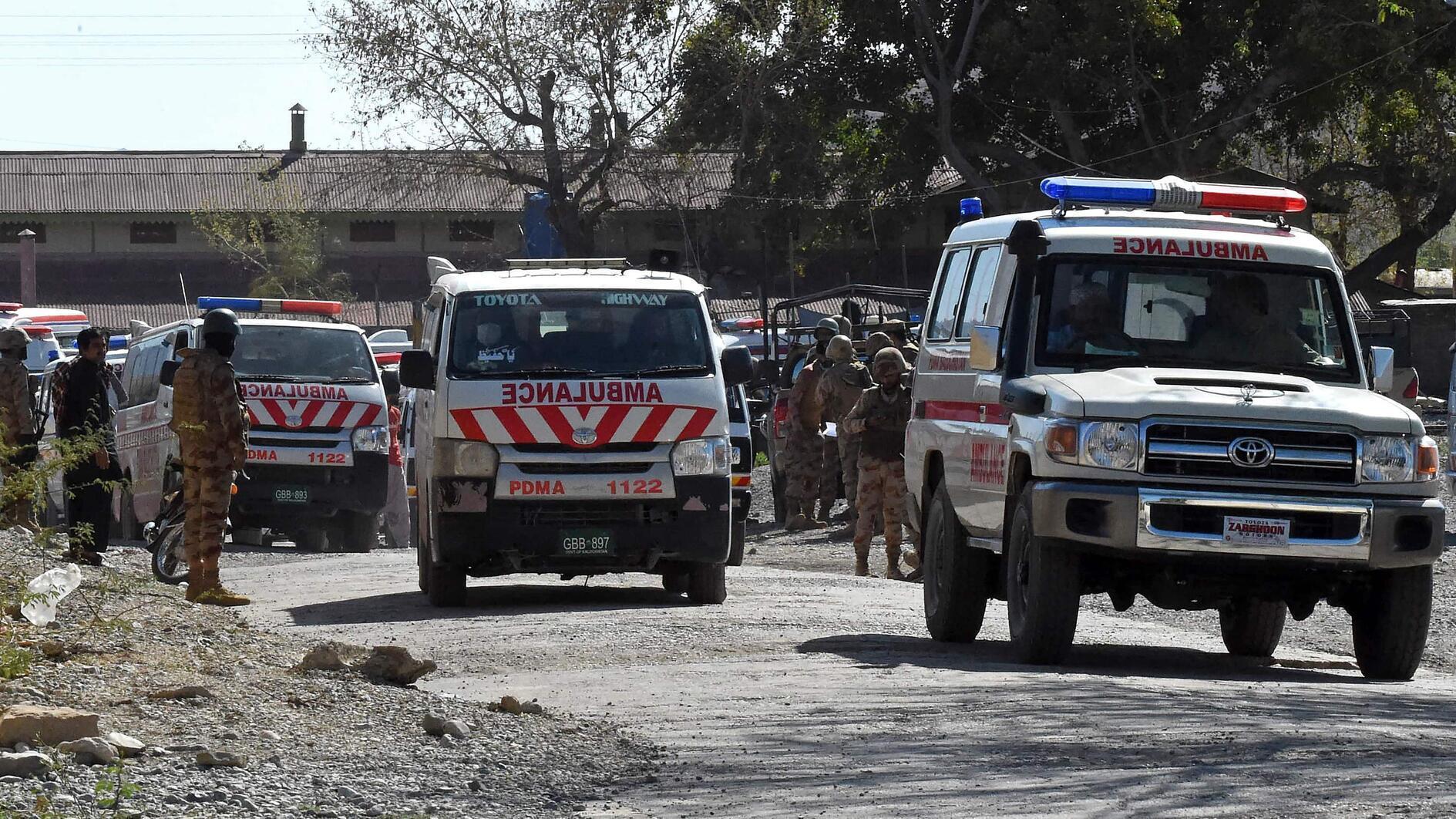US bids to revive plan to train Syrian rebels
WASHINGTON – The Associated Press

U.S. Army Gen. Joseph Votel, nominee to be the next commander of the U.S. Central Command, testifies before the Senate Armed Services Committee March 9, 2016 in Washington, DC. The committee heard testimony from the two military leaders on their nominations. AFP Photo
A revised effort to train and equip moderate Syrian rebels for the fight against the Islamic State of Iraq and the Levant (ISIL) will not repeat the same mistakes that doomed a similar program last year, according to the prospective next U.S. commander for the Middle East, Army Gen. Joseph Votel.Testifying on March 9 before the U.S. Senate Armed Services Committee, Votel described the new approach as a “thickening effort” as opposed to the raising of a large, decisive force.
“I do think it is helpful to have people who have been trained by us, who have the techniques, who have the communications capability and the resources to link back into our firepower,” Votel said.
If confirmed, Votel would take over leadership of U.S. Central Command (CENTCOM), which oversees U.S. military operations in Iraq, Syria and 18 other countries. He is set to succeed Army Gen. Lloyd Austin, who is retiring.
Austin told the committee March 8 that he had already requested permission from the Barack Obama administration for the retooled Syrian train-and-equip effort. Austin emphasized that the new program would focus on training smaller numbers of fighters for shorter periods.
During a wide-ranging confirmation hearing, Votel said he did not have all the people and equipment required to eliminate ISIL. He said he anticipated needing “additional resources” to retake the group’s strongholds in Mosul and Raqqa, although he did not specify what he had in mind.
The only U.S. ground forces in Syria are a contingent of roughly 50 special operations troops who deployed last year to work with local Syrian fighters trying to break the ISIL grip on Raqqa, the group’s self-declared capital. A separate U.S. commando force is in Iraq dedicated to capturing and killing the group’s leaders and gathering intelligence that can be used to conduct follow-on raids and strikes.
Votel pledged to push for the “right resources for our people to have to accomplish the missions that we are asking them to do.”
Skeptical lawmakers questioned Votel about how potential rebel recruits in Syria would be vetted and whether they would be constrained from attacking Syrian President Bashar al-Assad troops. The general said individual fighters would not be vetted prior to the training, but the leaders of those fighters would be. ISIL would be their target.
“We’re trying to avoid the problem that we had the last time, where we didn’t know what their allegiances are,” Votel said. “Certainly our mission is [ISIL] and so it is our intent that they help with the [ISILI] mission.”
Votel acknowledged that approach might limit the pool of recruits.
The committee’s Republican chairman, Sen. John McCain, said it was unrealistic to limit Syrian fighters after al-Assad’s forces have repeatedly attacked civilians with barrel bombs, a crude weapon used to inflict mass casualties.
ISIL “isn’t barrel bombing the men, women and children,” McCain said. “Bashar al-Assad is.”
The Obama administration last year scrapped a beleaguered $500 million train-and-equip program for Syria after Austin told U.S. Congress that only four or five trained fighters were battling the militants – significantly short of the U.S. goal to train 5,000. About 50 new fighters had been captured, wounded or fled in their first encounter with extremist militants.
Votel, 57, is a former commander of the 75th Ranger Regiment and a veteran of the Iraq and Afghanistan wars. He headed the secretive Joint Special Operations Command before taking over U.S. Special Operations Command in 2014.
Army Lt. Gen. Tony Thomas has been nominated to replace Votel at Special Operations Command.
















